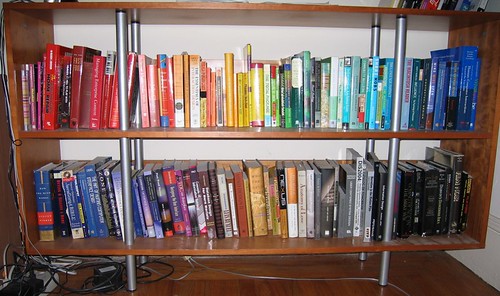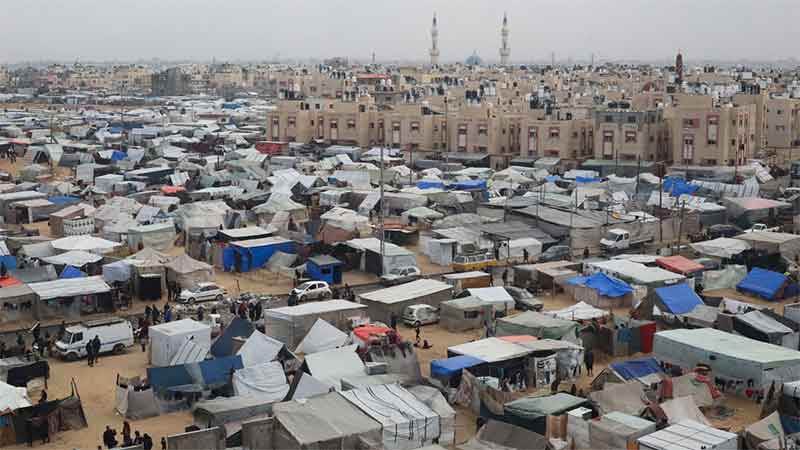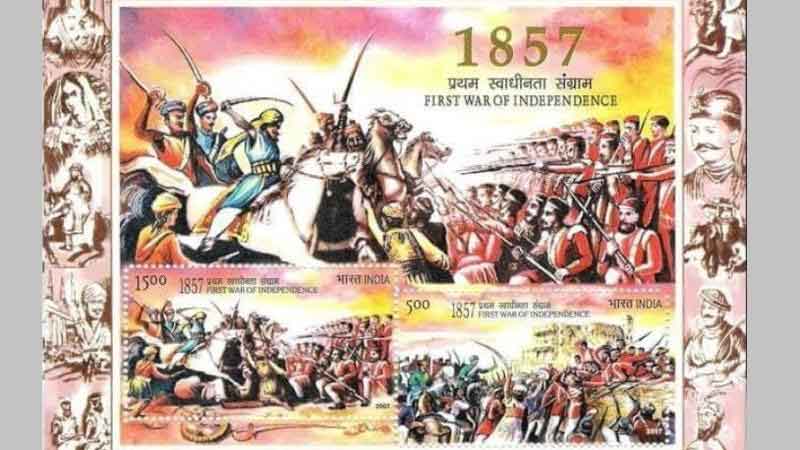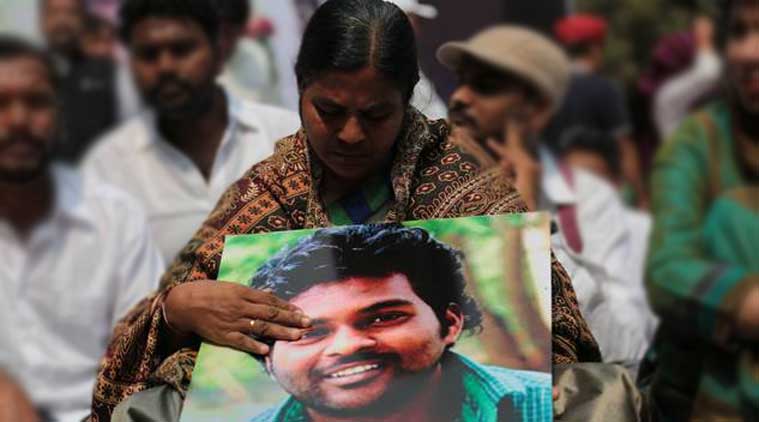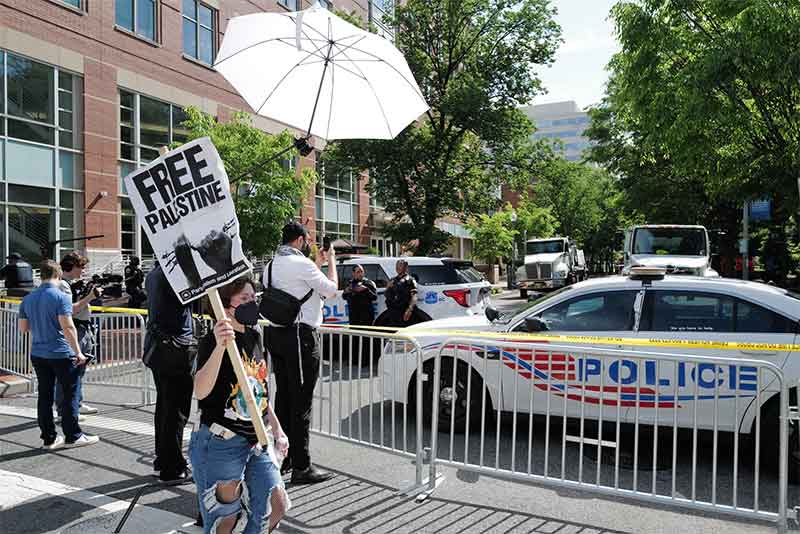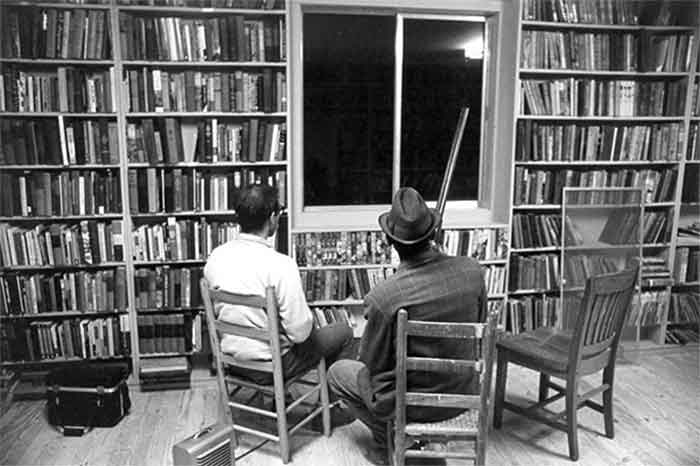
The civil rights movement in US saw the phenomena of the so-called freedom libraries. There is an inspiration and learning from this that can be useful in the Global South. Or any place where people are exploited and under the yoke of capitalism and racism.
There is always the temptation to seek universal validity and risk of making abstract generalizations. Yet experiences from one resistance can have useful lessons for other resistance.
In many areas and localities, there is a lack of access to information like books, and in many ways the digital revolution with mobiles is seen as a substitute. People can, according to this wishful thinking, access information anywhere and around the clock. But there is a black hole in this thinking. Libraries are also meeting places where one can find inspiration and ideas about the historical struggles for liberty and freedom and revolution, ideas often censored and marginalized by the ruling class and stigmatized as “communist” or an attack on traditional values. Where one can meet other people and build friendship and circles of learning and discussion.
There is also a strong class dimension in this. Poor working class areas often have overcrowded schools and burnt out teachers, not able to inspire the children and young people to explore reading books and to be creative. And a very low coverage of public libraries. Books can be difficult to get and expensive and often families have no tradition for reading books. The social media has also accelerated the development away from books to commercialized content. In many African countries, there are many languages spoken and respect for, and inclusion of, mother languages is important. In addition, there is a lack of reading material that help to liberate minds, reflecting the capture of the publishing sector by capitalism.
Shiraz Durrani(2008) has written extensively on the politics of information and the role of libraries. As a Kenyan, he has also been active in supporting the Ukumbozi[2] Library in Nairobi. This initiative can be seen as a model for inspiration. Ukombozi Library was established in 2017 by a group of progressive African librarians and information activists, in partnership with Vita Books, Mwakenya-December Movement, and the Mau Mau Research Centre. The Library aims to make available progressive material and to encourage reading, study, and research by working people in Kenya.
To help the working class have a voice, there must be a breeding ground for learning and studying. Here the role of the political organizations/movements have a pivotal role. To break the chains of submission and exploitation, we must establish centers where there is room for an open-minded atmosphere for studying and discussion.
Some background readings throw light on initiatives such as freedom libraries and the role of culture in liberation.
The US example
Thanks to Mike Selby (2019), we have information about the history of the Freedom Libraries during the civil rights movement in US in the 1960`s. It was temporary community libraries staffed by volunteers and local citizens. It supported voter registration. Such libraries were established wherever they could find space, in rented buildings, homes and basements. It was a time of blatant racism and segregation, where black citizens were denied access to public libraries, despite paying taxes for them. Trying to enter them, black people were met with violence, harassment and police brutality. The freedom libraries were centers of literacy and hope, but were also met with violence from white racists like the Ku Klux Klan (KKK). Mike Selby describes also that some were shot at by the racists.
These initiatives of resistance were also followed by Black Panthers’ cultural centers with literacy and breakfast programs for children. They were operated by black people themselves and were later crushed by brutal state violence.
Freedom libraries can be instrumental tools for social movements, and can have an important role to play in underserved communities with lack of public services and gaps in information needs.
It can, of course, be seen as a patchwork solution where there is need for liberation and systemic change. But it can be a meeting place and consciousness-raising initiative in communities supporting more autonomy and can provide self-confidence to the working class.
Paolo Freire
An important inspiration can also be found by Paolo Freire, the famous Brazilian educator. Especially his exchanges with the revolutionary government in Guinea-Bissau and its leader Amilcar Cabral is illuminating. He refers to Cabal’s ideas about “Resistance as a cultural act” and the need for the people to “Return to the source and reassert their own history and recapture their own identity”. In Africa, there is often an inherited colonial education system and an elitist model of higher education. This marginalizes the poor and the working class. This creates “intellectualists and technocrats rather than intellectuals and technicians”.
Freire (2021) talks about the “curiosity we are born with”. But it is killed in the bureaucratized curriculum with its “packaged knowledge”, where learners are reduced to consumers. Freire says the more “neutral”, the better it serves those in power. Those without formal literacy are treated as objects. For activists and militants with a revolutionary perspective, learners are instead invited to think!
Reading is part of an ongoing adult literacy project, where other concerns can be included, like health, preventive medicine and encouragement of mutual help. Also patriarchy and gender relations must be in focus to include and engage women. The triple oppression of class, sex and ethnicity must be a central concern.
Freire also makes an important distinction: “People can be highly illiterate, but politically highly literate. This is the opposite of certain communities which possess a sophisticated kind of literacy, but are grossly illiterate about political matters”.
Amilcar Cabral on the role of culture
To quote Cabral (1970):
The value of culture as an element of resistance to foreign domination lies in the fact that culture is the vigorous manifestation on the ideological or idealist plane of the physical and historical reality of the society that is dominated or to be dominated. Culture is simultaneously the fruit of a people’s history and a determinant of history, by the positive or negative influence which it exerts on the evolution of relationships between man and his environment, among men or groups of men within a society, as well as among different societies. Ignorance of this fact may explain the failure of several attempts at foreign domination–as well as the failure of some international liberation movements.
Firoze Manji (2017): Culture, power and resistance is recommended for deeper information about Cabral’s ideas on culture and liberation.
Conclusion & Recommendations
- Establish “freedom libraries” as meeting places locally and as reading rooms. And as places to run political courses on history of freedom struggles and on “What is to be done”.
- With focus on the class oppression and other forms of oppression.
- This can be done on a small scale, even in people’s homes. As study circles and place to organize activism for people in need.
- This is built on historical experience on how progressive forces have always started from below.
- It must be worker-centred but can also be used in other sectors. As more academic oriented according to the participants.
- This can be done with a low budget.
References
Shiraz Durrani: Information and liberation: writings on the politics of information and librarianship, 2008. Information and liberation : writings on the politics of information and librarianship | WorldCat.org
Shiraz Durrani on Wikipedia: Shiraz Durrani – Wikipedia
Ukombozi Library. Nairobi. Kenya. Ukombozi Library
Selby, Mike (2019): Freedom Libraries: The Untold Story of Libraries for African Americans in the South. Available at: https://rowman.com/ISBN/9781538115534/Freedom-Libraries-The-Untold-Story-of-Libraries-for-African-Americans-in-the-South
Freire, Paulo (2021): Pedagogy in Process. The Letters to Guinea-Bissau, New York 1978. Translated from Portuguese. Bloomsbury Publishing.
Cabral, Amilcar (1970): National Liberation and Culture. Microsoft Word – e-DocCabral3.5 (jpanafrican.org)
(1970) Amilcar Cabral, “National Liberation and Culture” • (blackpast.org)
Firoze Manji: Culture, power and resistance reflections on the ideas of Amilcar Cabral, Culture, power and resistance – Longreads (tni.org)
John Graversgaard is a socialist/activist living in Denmark.
[2] Ukombozi: Kiswahili for ‘liberation’.


